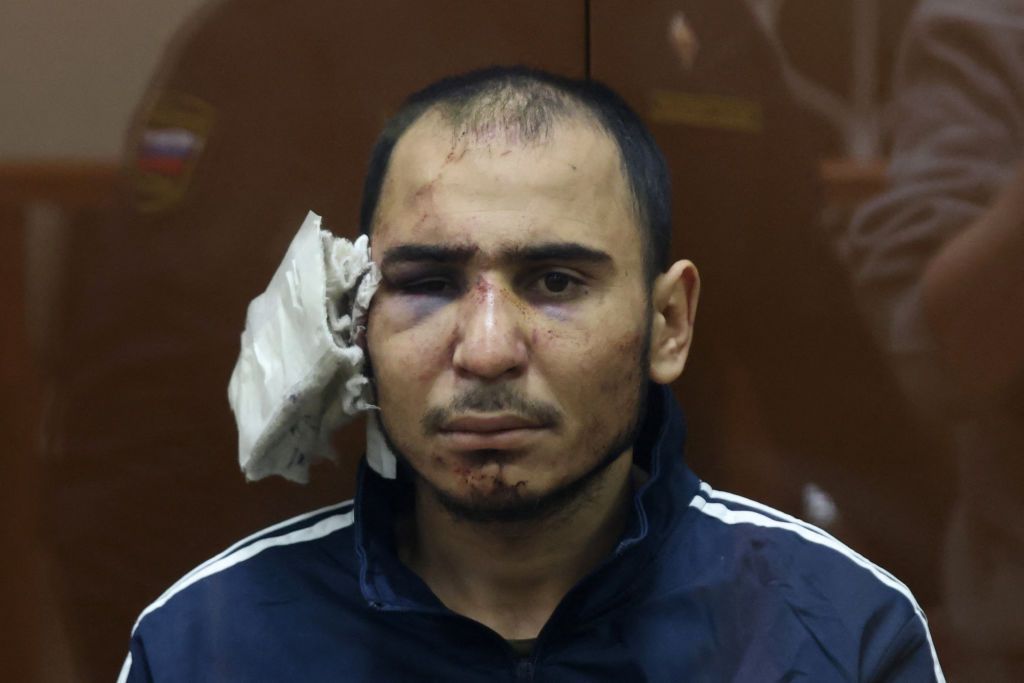The terrorist attack at Crocus City Hall outside Moscow on March 22 that killed at least 139 people has raised questions about Moscow’s law enforcement capabilities, especially in a country focused on security and militarization. The U.S. had warned Russia about an impending attack, which Putin dismissed as a Western provocation. Despite Islamic State claiming responsibility, Putin sought to link Ukraine to the attack, a claim dismissed by Kyiv and the White House. This incident is part of a long campaign by the Kremlin to demonize Ukraine, using propaganda to frame Ukraine as a terrorist threat.
Russia has a history of accusing Ukraine of terrorism, with previous charges against Ukrainian military officials for terrorist acts on Russian territory. Recent arrests in connection with the Crocus City Hall attack, including alleged torture of suspects, align with Russia’s pattern of human rights abuses. The U.N. has documented widespread torture of POWs in Ukraine by Russian forces, indicating a systematic state policy. While torture may yield information, it can be ineffective and counterproductive in obtaining the truth. The release of torture photos in this case serves a state PR strategy to portray Russia’s security services as tough and ruthless.
Putin continues to accuse Ukraine of involvement in the Crocus City Hall attack, despite recognizing that radical Islamists were responsible. This accusation is part of ongoing efforts by the Kremlin to discredit Ukraine and justify its actions in the region. The framing of Ukraine as a terrorist threat is part of a broader campaign to demonize the country and justify Russian aggression. The use of torture and human rights abuses in this case reflects a pattern of behavior by Russian security services, with Ukraine as a frequent target of these accusations.
The response to the Crocus City Hall attack highlights the complexities of the conflict between Russia and Ukraine, with implications for regional security and international relations. The involvement of radical Islamists in the attack raises concerns about terrorism in the region and the response of both Russia and Ukraine to such threats. The manipulation of information and propaganda in this case underscores the challenges of navigating the conflict and understanding the motivations behind these actions. The international community must remain vigilant in addressing the root causes of terrorism and promoting human rights in the region.
As the investigation into the Crocus City Hall attack continues, it is crucial to ensure transparency and accountability in the pursuit of justice. The use of torture and human rights abuses must be condemned, and those responsible held accountable for their actions. The role of propaganda and misinformation in shaping public perception of the conflict underscores the need for independent journalism and fact-based reporting. By supporting independent media outlets in Ukraine and elsewhere, individuals can contribute to efforts to counter disinformation and promote the truth in a complex and evolving geopolitical landscape. Joining the fight for independent journalism is crucial in upholding democratic values and safeguarding the integrity of information in the face of propaganda and manipulation.


